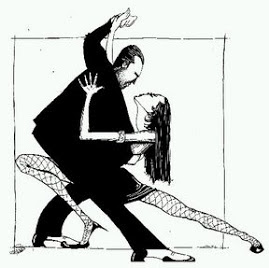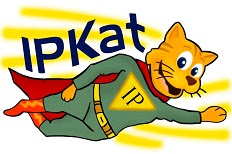The Court of Appeal of Rio Grande do Sul (TJ-RS) has decided on Sept 24th that the multinational Monsanto has the right to charge royalties regarding the transgenic soy-bean from Brazilian farmers.
The decision, rendered in a split decision by the 3 member panel from the 5th Chamber of the Court of Appeal, reversed the first instance decision granted in 2012 that had considered inadequate any payment or indemnification based on the use by farmers of the soy-bean seed "Roundup Ready (RR)".
The opinion of the Reporter Judge is that the application of the Brazilian Plant Variety Law (Law 9456/1997), as demanded by the claimants, is not possible. Thus, being the Brazilian Patent Law (Law 9279/1996) applicable, Monsanto has the right to claim royalties regarding the reproduction of patented seeds through planting and harvesting while the patent (PI 110008-2) is valid.

In 2009, some rural workers' unions from southern regions in Brazil filed a class action arguing that Monsanto’s charge for royalties is effectively an unjust tax based on abuse of IP rights. Furthermore, that Art. 10 of the Plant Variety Law allows them to multiply seeds, for donation or exchange in dealings. In 2012, the 15th Civil Court of Rio Grande do Sul had accepted the claimant’s claims and also ordered Monsanto to return the royalties paid from the 2003/2004 harvest.
The Court of Appeal’s decision is not yet final and an appeal to the superior courts is still possible.
MONSANTO’S CHANGE OF LUCK
Monsanto’s luck in Brazilian courts has not been the best in recent years.
As IP TANGO have already mentioned
before, in 2013 the Brazilian Superior Court of Justice (STJ) denied Monsanto’s claims to extend the term of the patent for genetically modified soy-beans, confirming that the patent expired on August 31, 2010.
Also in 2013, the Judge Alex Nunes de Figueiredo, from the Specialized Court in Class Actions and Collective Actions of Cuiabá, has issued a decision preventing Monsanto from charging royalties based on its new Intacta-RR2-PRO product in the state of Mato Grosso. This decision was based on the Art. 10 of the Plant Variety Law and Consumer Protection Laws. After losing this case, Monsanto suspended temporarily the collection of royalties on both its Roundup Read (RR) soy-bean seeds and the Bollgard 1 cotton seed
WHAT’S MORE?
It is hard to determine now if this decision shall impact the decision on an appeal against the lawsuit in the State of Mato Grosso. However, this decision might discourage other producers from pursuing similar claims. The first instance decisions in Rio Grande do Sul and Mato Grosso also seems to have encouraged neighbour countries such as Paraguay to complain about Monsanto’s charging practices (for more see Filomeno, F. A. (2014) Monsanto and intellectual property in South America) and this decision might alter this scenario.
Brazil is currently the largest soy-bean producers in the world. Brazil is also the second largest producer of transgenic soy-bean, just after the U.S. Therefore, we can expect this discussion to continue for a while.
Post written by Roberto Carapeto (Brazilian attorney).
The full sentence can be accessed
here (in Portuguese); for short details brought by the court,
here (in Portuguese)

















